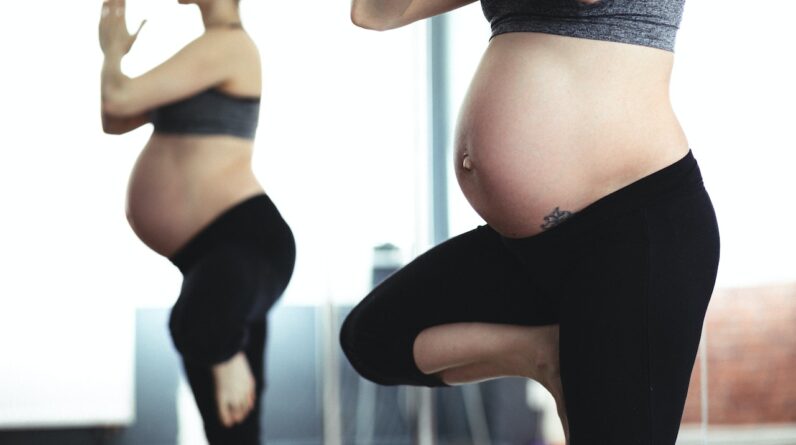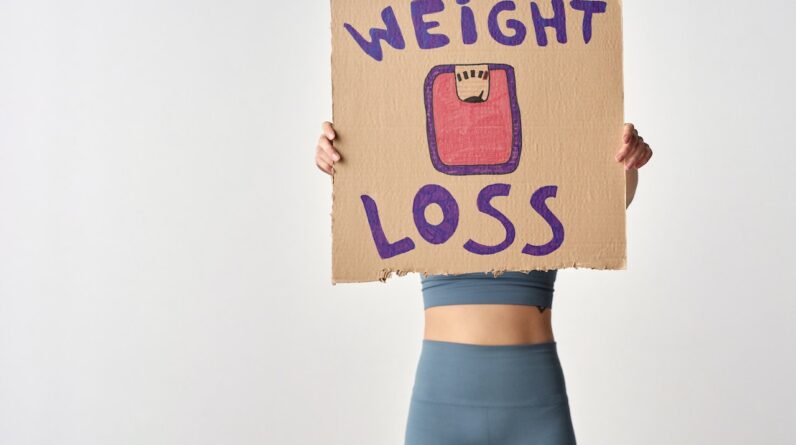
Introduction
Feeling bloated? Your body might be holding on to excess water. We’ve all been there. Now, you might be wondering: How can I shed this water weight safely and quickly? Don’t worry, we’ve got you covered. This article will guide you through the ins and outs of water weight and how to manage it.
Understanding Water Weight
What is Water Weight?
First, let’s dive into what water weight actually is. Water weight refers to the extra water that’s stored all over your body — in your fingers, face, legs and even your toes. But unlike fat, it’s temporary and can change each day.
Causes of Water Weight
Several factors can contribute to increased water retention, including diet, hormones, or even a lack of sleep. It’s important to understand these factors to effectively address your water weight.
Natural Ways to Lose Water Weight
Staying Hydrated
Surprisingly, staying well-hydrated can actually reduce water retention. Your body retains water if it feels threatened by dehydration. So, drinking enough water tells your body that it’s okay to let go of the excess water.
Regular Exercise
Exercise can help you shed water weight by increasing sweat production, which is a way your body gets rid of water. Plus, it’s a great way to stay fit and maintain overall health.
Balanced Diet
A diet rich in magnesium, potassium, and protein can help reduce water retention. These nutrients have been shown to balance water in your body.
Limiting Salt Intake
A high-sodium diet can cause your body to hold onto extra water. Try to limit processed foods, as they are often high in sodium.
Professional Assistance to Lose Water Weight
Consulting a Nutritionist
A nutritionist can provide personalized dietary advice tailored to your body’s needs. They can guide you on how to modify your diet to effectively reduce water weight.
Working with a Personal Trainer
A personal trainer can help you with specific exercises to not only lose water weight but also to strengthen your body and improve overall health.
Precautions and Health Risks
The Risk of Dehydration
While it’s essential to manage your water weight, it’s crucial not to become dehydrated. Always ensure you’re drinking enough water.
Over exercising and Injury
Moderation is key. Over exercising can lead to injuries and other health issues. Make sure to balance rest and exercise.
In Conclusion
Navigating the journey to losing water weight might seem daunting, but with the right tools and guidance, it’s more than achievable. Remember, the goal isn’t just to lose weight — it’s to stay healthy. Always listen to your body’s needs, and don’t rush the process.
FAQs
1. How much water weight can a person lose?
The amount of water weight a person can lose depends on various factors like their body composition, diet, and physical activity level. It can fluctuate daily based on these factors.
2. How quickly can I lose water weight?
While it’s possible to lose water weight in a few days, it’s important to remember that safe and healthy weight loss is a gradual process.
3. Can drinking more water help me lose water weight?
Yes, paradoxically, staying well-hydrated can help your body regulate its water balance and reduce water retention.
4. Do I need to consult a professional to lose water weight?
While natural methods can effectively reduce water weight, consulting a professional such as a nutritionist or personal trainer can provide personalized guidance based on your unique needs.
5. What should I avoid while trying to lose water weight?
Avoid foods high in sodium and make sure you’re not over-exercising, as it can lead to injuries and other health issues. Remember, moderation is key.
6. Is water weight gain a cause for concern?
Occasional fluctuations in water weight are normal and usually not a cause for concern. However, if you notice a consistent or drastic increase, it might be a good idea to consult a healthcare professional to rule out any underlying health issues.
7. Can certain medications cause water retention?
Yes, certain medications like high blood pressure drugs, nonsteroidal anti-inflammatory drugs (NSAIDs), and certain diabetes medications can cause water retention. If you suspect your medication is causing water weight gain, it’s important to consult your doctor. Never stop taking prescribed medication without medical advice.
8. Is there a connection between hormonal changes and water weight?
Absolutely. Hormonal changes, especially those related to menstrual cycles in women, can lead to temporary water weight gain. This is usually nothing to worry about and resolves on its own.
9. Can stress contribute to water weight?
Yes, stress can indeed contribute to water retention. Chronic stress can lead to hormonal imbalances that may cause your body to retain more water. Mindfulness techniques, adequate rest, and balanced nutrition can help manage stress levels.
10. Are there specific exercises to help lose water weight?
While there’s no one-size-fits-all answer, aerobic exercises, which make you sweat, can help reduce water weight. This includes activities like running, cycling, or even a brisk walk. Remember, it’s important to stay hydrated during these exercises.







